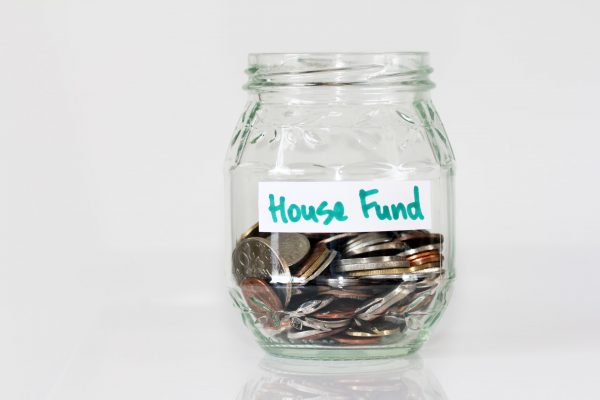Your Complete Guide to Homeowners Insurance
Q: I’m taking out a homeowners insurance policy on my new home. What do I need to know?
A: Homeowners insurance is designed to protect you and your family members from liability and cover your home, plus possessions, in the event of disaster or theft.
What kinds of plans are available for homeowners insurance?
Here are the most common types of homeowners insurance plans:
HO-2 – A policy that only protects against 16 specified perils.
HO-3 – A broad policy that protects against all perils other than those excluded in the policy.
HO-5 – A premium policy that usually protects newer homes and covers all perils except the few excluded in the policy.
HO-6 – Insurance for co-ops/condominiums, which includes personal property coverage and liability coverage.
Each plan type will also include some extent of liability coverage.
Are all catastrophes covered by insurance?
Most policies will only cover events if they are sudden and accidental. Some natural disasters, like earthquakes and floods, require a separate policy for coverage.
Should I choose a plan with a lower deductible?
A lower deductible means your insurance coverage will kick in sooner, but you’ll also have a higher premium. When choosing a plan, find one offering a deductible you can comfortably afford along with the lowest possible premium. Your Financial Institution may have a maximum amount allowed for your deductible.
Will my insurance cover all of my belongings?
Every policy will have a cap on payouts, and there are also sub-limits at play. For example, an insured dwelling that’s valued at $400,000 will typically have a 50% sub-limit. In case of a major catastrophe, the insured will only receive up to $200,000 in payouts.
Most policies will also have a replacement cap on specific items. If you own valuables, like pricey jewelry, firearms and artwork, consider purchasing a rider to separately cover these items.
Should I choose a replacement-cost plan or an actual cash-value plan?
A replacement-cost plan will pay for the full cost of replacing a damaged dwelling or your belongings up to a predetermined cap. An actual cash-value plan, on the other hand, will only offer payouts to cover what the damaged item was worth at the time of the disaster.
A replacement-cost plan offers more robust coverage, but the premiums can be a lot higher. The perfect plan for you depends on your financial standing, the value of your home and belongings, and the price you put on peace of mind.
Will all of my claims be honored?
For your claims to be honored, your property and home must be well-maintained. Be careful to take the necessary measures to ensure that your home is in excellent condition.
Should I use the insurance company my lender recommends?
You’re under no obligation to use the company your lender recommends. It’s best to get at least three different quotes before making a decision.




